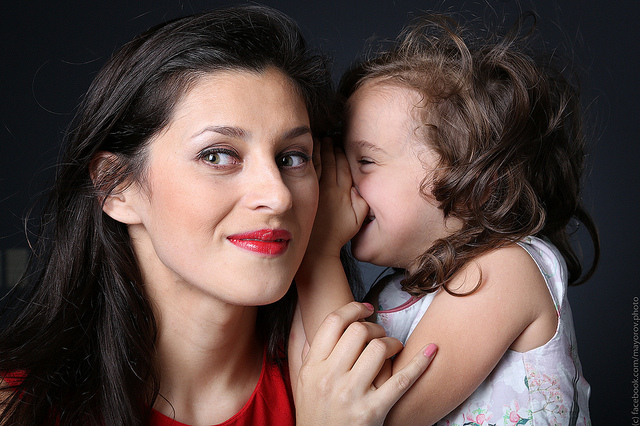I’ve recently read a book called Mother’s Grimm, by Danielle Wood.
It’s a collection of contemporary fairy tales about motherhood, and in one of the stories, there is a line, I’ve not been able to get out of my head.
A woman has recently given birth and is lying in the hospital with her new baby alongside her.
“This night was the beginning of her new way of listening.”
That’s exactly it, isn’t it?
Motherhood is all about a new way of listening.
Part of the exhaustion in the first weeks, of motherhood, is from learning which cries mean hunger, tiredness or the need to be held. It’s about coming to understand which middle-of-the-night whimperings are likely to escalate and which will settle and silence themselves.
My son makes sounds, at first, which only I understand. But I listen to the sounds, as they become words, and the words as they become sentences and the sentences as they become stories.
I smile as I listen to nursery rhymes, sung not-quite-correctly, in the room next door. Later, I can pick one little voice out of 20 in the school concert and one out of a 100 if he falls over and calls for me at the playground.
I learn to hear, even from upstairs, the click of the gate. The postman has a parcel and he’s walking up the path. It’s a race to the front door. I run to open it, to press a finger to my lips, to stop him ringing the bell and bringing naptime to a premature end.
I learn the most important sound—that particular hum of silence that means something, somewhere is not quite right.
But it is not just listening that changes, with the arrival of motherhood.
It is all the senses.
I am the taster.
I hold a purple plastic spoon and use my bottom lip or the tip of my tongue to check for heat and bitterness and spice. I lick the last sticky dregs of infant paracetamol off the spoon, before measuring out another, carefully, in the dark. I become accustomed to kisses that taste of strawberry yoghurt and warm milk.
“Mummy likes her coffee cold,” my son says.
I don’t, but it’s how I usually drink it.
My sense of smell heightens; every scent suddenly saturated with feeling.
I draw him close to me, and glare at the people who leave clouds of perfume or cigarette smoke in their wake. I wince at the smell of daycare coming home on him—unfamiliar cleaning products and other people’s cuddles. And then, at the end of the day, I bury my nose in some soft, sweet crease of neck and everything is okay.
There is nothing that I do not see; every new bruise and graze and freckle; every expression of joy or uncertainty.
I scan every room I enter and every road I cross. I never stop looking for potential dangers, and only when I am sure do I let him skip on. At the park, the docks and the market, I know that I must start to foster independence, so I drop his hand. But I never, for a second, let that bobbing blue hat out of my sight.
My touch is more powerful than I ever knew.
It can fix anything: my cool hand on a hot forehead, a squeeze and a rub of a recently bumped knee. When he is poorly he likes to sleep on my chest and our bodies rise and fall together with every breath. My kisses contain magic and there is not much that a hug cannot soothe.
As the years pass—four, or five, or six—some of my new senses start to feel less necessary. When I reach over to brush hair out of his face he often pushes it away now. The sweet baby smell is long gone, replaced by more earthy, salty things. There are fewer tears in the night and at dinnertime he blows on his own soup to cool it down. I have to ask permission for kisses.
But I cannot turn it off. The seeing. The tasting. The touch.
This new way of listening will never end.
~
Facebook is in talks with major corporate media about pulling their content into FB, leaving other sites to wither or pay up if we want to connect with you, our readers. Want to stay connected before the curtain drops? Get our curated, quality newsletters.
~
Relephant Read:
The Good Mother.
~
Author: Ruth Dawkins
Editor: Asheigh Hitchcock
Photo: flickr











Read 14 comments and reply